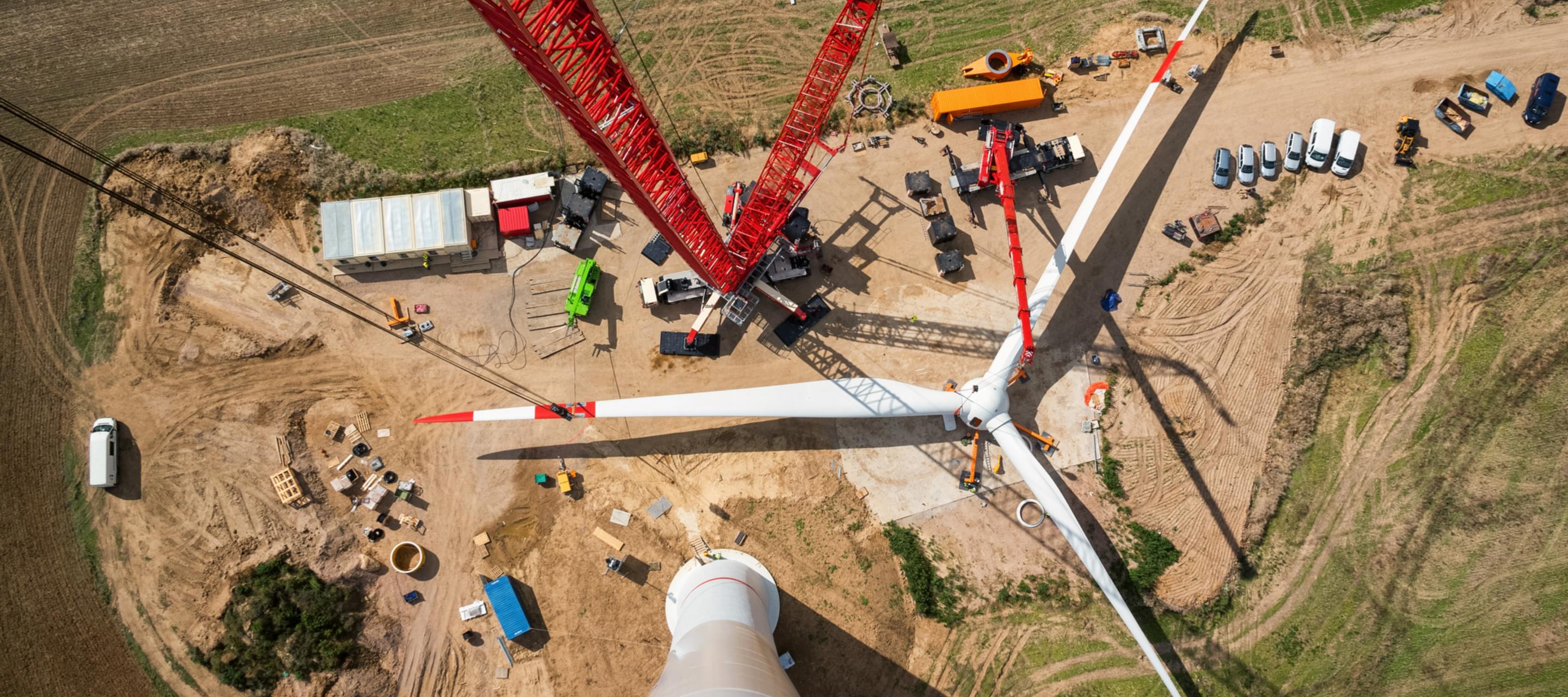It’s time to mainstream the Just Transition
20 April 2023

If there is a reason for why our next energy transition needs to be ‘just’, think no further than the 1980s in the UK. The country’s transition out of the coal industry divided communities and left regions and their people stranded and impoverished.
And now we face another transition, perhaps the biggest of all: ending the use of fossil fuels and carbon-based energy almost completely.
The environmental reasons for why we need to do this are clear. What we discuss much less are the social consequences of the action we must take to combat climate change.
Although it appears in the preamble to the 2015 Paris Climate Agreement, the Just Transition is a concept still in its adolescence if not infancy. In fact, just transition still lacks a formal definition.
The consequences of unjust transitions
Just transition should be understood as the social consequences – both positive and negative – of the steps we must take to fight climate change. In other words how to minimise the negative social consequences of climate action, and maximise the positive impacts of this process.
I’d argue that by not addressing this issue head on, social disruption is now the greatest threat to achieving critical climate action. If we don’t discuss the social impacts of transition, then we risk stoking the fires of social backlash, misinformation and populism. In any transition plan – national, local, or corporate – there will be a social opportunity but there will also be a social cost that needs to be proactively identified and effectively addressed as much as possible.
Just transitions cannot be confused or coopted into mitigating, or slowing, climate action itself - they are an act of mitigating the social consequences of necessary and urgent climate action.
Agreeing what we mean by a Just Transition
In terms of defining a Just Transition, so far it is the global trade union movement that has led the way. We look to this summer’s International Labour Conference at the ILO in Geneva to move global discussions on ‘Just Tranisition’ forward from the important foundations laid by the ILO focused on addressing workers’ rights, to a broader conception that other UN agencies, governments and civil society can rally behind.
During this critical next phase, there are a number of components we must keep in mind.
Four key components of a just transition
There are four key components to any transition process, the presence of which does not guarantee that a process is viewed by all actors as being ‘Just’, but the absence of an element would raise significant questions.
- Every transition process has clear beneficial outcomes for those involved.
- Social and human rights risks are identified through due diligence and are minimised, or prevented completely, through social mitigations.
- Procedural rights are respected throughout, whether that be the collective bargaining of workers, the free, prior and informed consent of indigenous peoples or access to adequate remedies when required. Just Transition processes need to be accountable to people they affect and to embody the principles of distributive, procedural and restorative justice.
- Perhaps the most fundamental – that the transition is also transformative in terms of economic justice and does not blindly replicate the power relationships of extractive economies.
These four components for just transitions were informed by the 55 experts who we brought together for three days at a Wilton Park and IHRB event on Just Tranistion Dialogues late last year. They might sound like a tall order. But the good news is that most of the standards we need are already out there. From the ILO Core Conventions to the United Nations Guiding Principles on Business and Human Rights, to the OECD Guidelines on Multinational Enterprises to the Performance Standards of the International Finance Corporation. <
‘Crowding-in’ finance
As well as making the most of established standards, a newer opportunity that is here and now is Just Energy Transition Partnerships, or JETPs, happening in countries such as South Africa, India, Indonesia, Vietnam and Senegal. JETPs can help sovereign finance, bonds and guarantees ‘crowd-in’ the huge amounts of private investment needed for the move away from coal and on to renewables in a way that is just for the people most affected.
If I have two asks for businesses, one is to join the discussion now – to help ensure that the just transition is pre-competitive and is based on a foundation of trust. Something we did at COP26 in Glasgow and again at COP27 in Egypt was to bring representatives of the ‘supply’, ‘demand’ and ‘financing’ aspects of future energy transitions together– both public and private – to understand what incentives and disincentives already exist to drive the social aspects of transitions.
My second ask for companies is to start taking practical steps now, using the four components as guidance. Net Zero Transition Plans are about how a company will achieve net zero. Incorporating action to predict and pre-empt future injustice must be an important component of those plans. And then being accountable for those plans is all part of the mainstreaming of a Just Transition and making sure we do not slide down the slippery slope of green or social washing.
Everything, Everywhere, All at Once
I am sometimes asked by responsible companies, what is new about a Just Transition approach – aren’t we doing it already through our supply chain management or human rights due diligence?
Well as Michelle Yeoh or the UN Secretary General might put it, one key difference is that it is “Everything, Everywhere, All at Once”.
Our Net Zero transitions will affect every business sector, every community, within a very concentrated period of time. It is the aggregate and cumulative nature of the risks and impacts we face that perhaps represents our greatest challenge, and makes pre-competitive collective action to lead a just transition essential.
This commentary is an excerpt from John’s keynote speech given during the SSE Conference - ‘Measuring progress against a just transition to net zero’ - hosted at the Royal Society for the Arts, Manufacturers and Commerce (RSA) in London on 20 April 2023.




